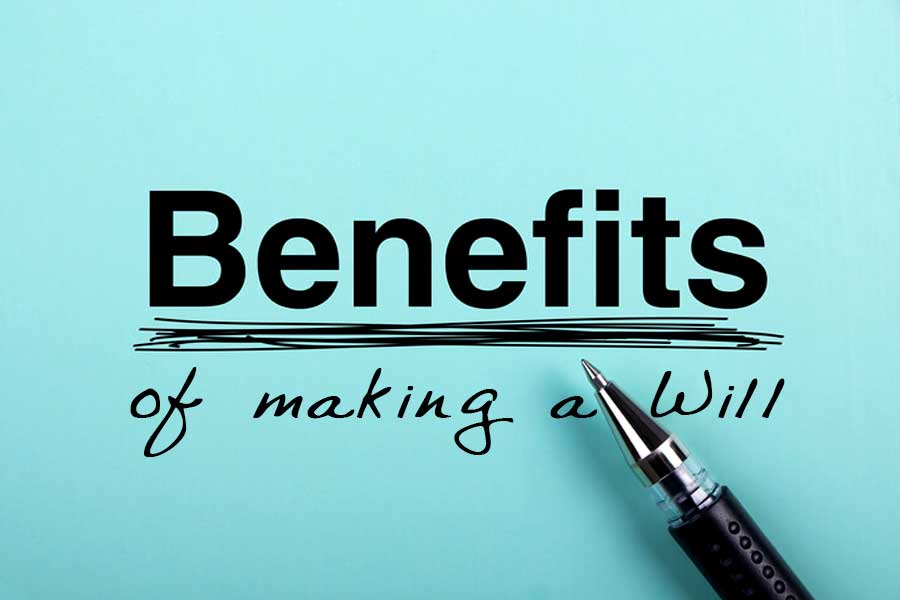A will is a legal document that states how you wish your estate to be distributed after your death.
Inheritance tax is calculated based on the value of your estate, minus any gifts or assets left to charity, and any liabilities owed by the estate. The amount of inheritance tax due depends on the value of your estate and where it’s going. Inheritance tax is usually paid by the executor or administrator, out of the deceased’s assets.
When you have to write a will, then the best approach is to take professional help. You should consider exploring QLD wills.
Benefits of writing a will
Helps to avoid disputes
A will can help avoid complicated and contentious family disputes over who gets what when someone dies, including who becomes guardian (if necessary) of any minor children. Without a will, the rules of intestacy apply and there are no guarantees that your wishes as to how you want your money, property and possessions divided up will be carried out. A will can also help prevent other family members making a claim on your estate.
Drawing up a will doesn’t have to be complicated. You can easily write a legally valid will yourself using one of the many online services available – although you might need legal advice if you have complex circumstances such as large investments or business interests, a second marriage or stepchildren.
If you have young children and don’t have a partner then this may be particularly important.
Helps to choose the guardians
One of the biggest benefits of having a will is that it lets you name guardians for your minor children. When parents pass away without a will, the courts get to decide who raises the kids. That can create a lot of headaches and heartache for everyone involved, particularly if there isn’t an obvious person who should step in.
A will also makes it easier to leave gifts to specific people. Without one, the state will distribute your assets according to its own laws, which may not necessarily match up with what you want.
You don’t have to worry about making changes later on if a beneficiary passes away or you want to remember someone else. Wills are easy and inexpensive to update, so it’s not a big deal if something changes after it’s been written.
Making a will gives you the peace of mind that comes from knowing that your family and friends will be looked after when you die. It also makes dealing with your estate after your death much easier for those you leave behind.
If you don’t make a will, it may be harder for your loved ones to claim what is theirs, and they could end up paying more in tax than they need to.
When someone dies without leaving a valid will, they are said to have died ‘intestate’. If you die intestate, the law says who gets what – which may not always be the same as you would want.
Your estate is your money and possessions. The rules of intestacy are set out by Parliament so that your family can make claims on it if there’s no will. The rules are very specific about who can make these claims, so unless you make a will, you cannot decide who inherits.

